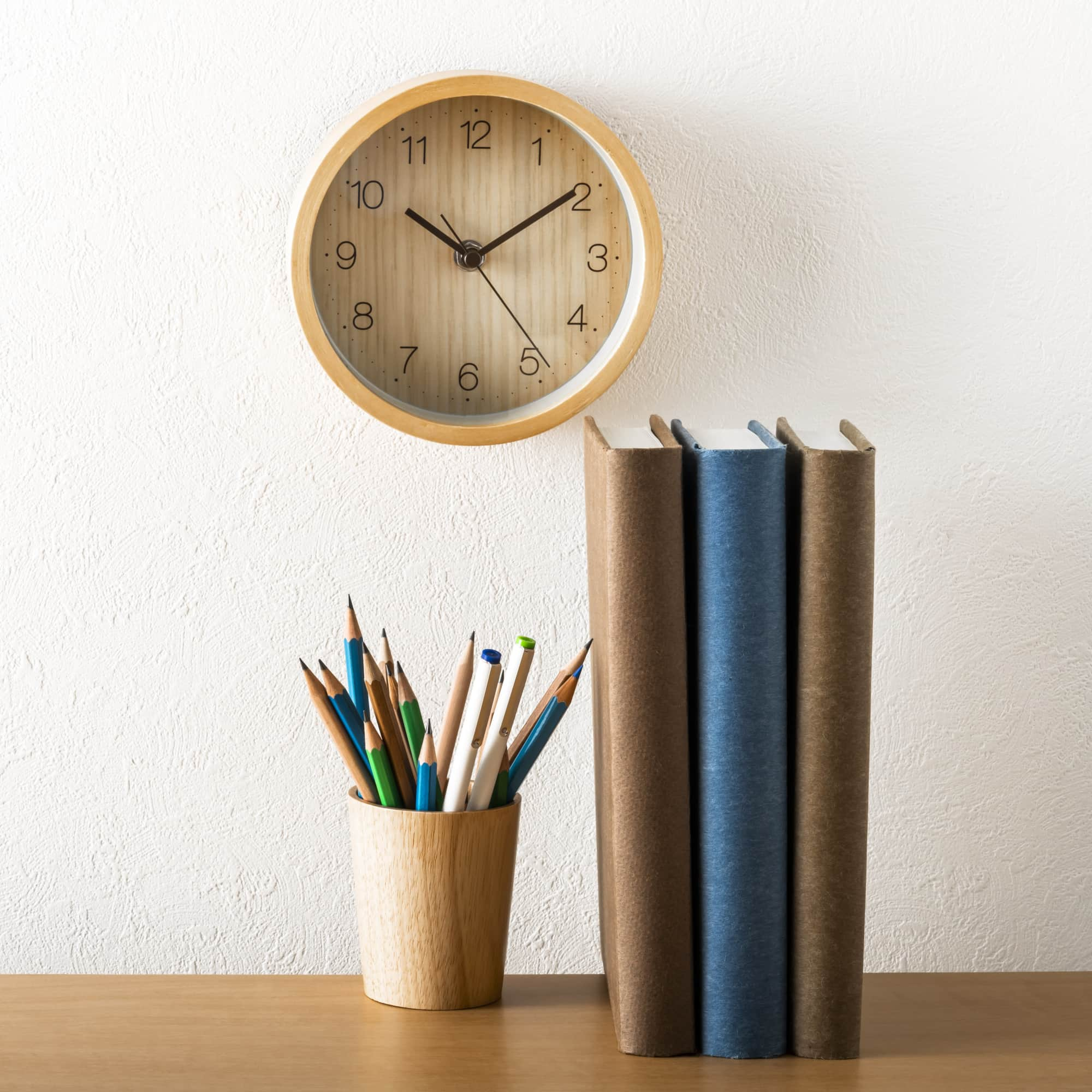
- POPSUGAR Australia
- Living
- Giving Each Task in Your To-Do List a Time Frame Will Make You More Productive and Calm
Giving Each Task in Your To-Do List a Time Frame Will Make You More Productive and Calm

Being busy is stressful. Whether your schedule is always full or you’ve just trapped yourself in a procrastination cycle, waking up to a long to-do list is daunting and can set the tone for an anxious day. It may feel like the only way to cope is to engage in some negative self-talk about how you’ll never get everything done, but going down that path never does any good. Instead, tell yourself that you’re going to tackle the day by picking up an easy time management strategy: scheduling breaks.
Give Each Task in Your To-Do List a Time Frame
Studies compiled by Inc. Magazine concluded that the ideal work intervals range from 50 to 90 minutes long followed by a 15- to 20-minute break. What does this mean for you? For each specific task on your list, you should choose a time interval (within the optimal range) that feels reasonable.
For example, when I’m writing, I work in 90-minute intervals, but when I’m editing, I work in shorter 60-minute intervals, because I know I rarely need more time than that to get the task done. I consider my “breaks” to be a break from a particular task rather than a true resting period (no matter how much I’d like to lay down on the couch). In order to keep my energy levels up, I fill those 15 to 20 minutes with other productive things that require less brain power, like taking out the trash or returning calls I missed during the work period. That way, I’m still checking things off my list.
Resist the Urge to Go Over Your Selected Time Frames During Scheduled Breaks
Setting time limits means becoming comfortable with saying no. If you’re breaking up your day by meeting a friend for lunch and have allocated a time frame to that social interaction, let them know ahead of time what that looks like and when you’ll need to leave to stay on schedule. Say you tell your friend you have two hours to hang out, but when it’s time to leave, they ask you to check out their new apartment – it’s OK to say no. Plan a time to visit when your day isn’t as crazy, and then get back to your list. For so long, I thought turning people down was impolite and worried my friends would be upset with me. But true friendships are built on love and respect, and when you care about someone, you want to see them thrive. Once I felt the relief that comes from prioritising myself when life is hectic, I never looked back.
But Don’t Stop Working Just Because Your Time Is Up
Remember how there was always that one teacher in high school who would say, “the bell doesn’t release you, I release you,” when students would stand up to leave at the first hint of ringing? If your timer goes off and you’re on a roll, keep going until you reach a good stopping point. Leave smalls chunks of unscheduled time scattered throughout your day to act as a buffer; that way, you’re never frustrated if you’re running behind schedule. It’s unrealistic to plan every minute of your day anyway. The goal isn’t just to increase productivity but to decrease stress. There’s no point in being overly hard on yourself; after all, you’re the one setting the time limits.
Time constraints make me feel like I’m in control of my life. Having this structure provides stability, while the personalisation of work intervals, break lengths, and buffer periods offers the leeway to be kind to yourself. When time limits extend beyond the realm of things you have to do, like work and errands, and exist in the realm of things you want to do, like social interactions and relaxation, you’ll be more than just a busy person but a calm person. It’s all about focusing on what’s essential in each moment, because you’re only human; you too have a limit.
If you or anyone you know is struggling and needs support, call Kids Helpline on 1800 55 1800 or Lifeline on 13 11 14, both of which provide trained counsellors you can talk with 24/7. You can also speak with someone confidentially at Headspace by calling 1800 650 890 or chat online here. If you are in immediate danger, call 000.

